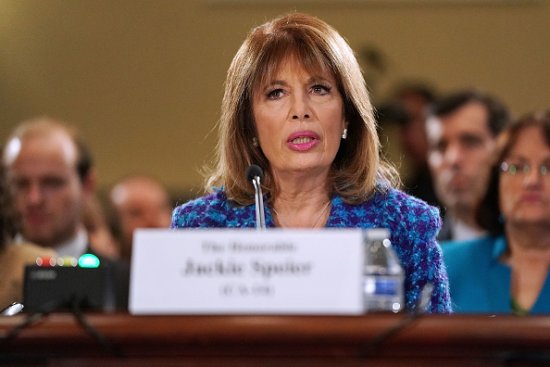
Sixty percent of female American voters say they have experienced sexual harassment, according to a Quinnipiac University poll released Tuesday, the majority of which has occurred in the workforce.
The poll’s findings come at a time when sexual harassment allegations against prominent figures are emerging almost daily, rocking everything from movie sets and television show writing rooms to newsrooms and Capitol Hill.
During the time the poll was conducted, sexual misconduct allegations emerged against Minnesota Sen. Al Franken, former President George H.W. Bush and Alabama Senate candidate Roy Moore.
The workplace was the most prominent place for sexual harassment; 69% of women polled said it happened to them at work. Forty-five percent said it happened to them on the streets, and 43% said it took place in social settings. Only 15 percent said it happened at home.
Comparatively, only 20% of men said they had experienced sexual harassment. However, nearly everyone polled — 88% of men and 89% of women — said it is a major issue, and 55% said they have a better grasp of it because of recent media coverage.
The Quinnipiac poll was conducted among 1, 415 voters across the country from November 15 to November 20 and has a margin of error of 3.1 percentage points.